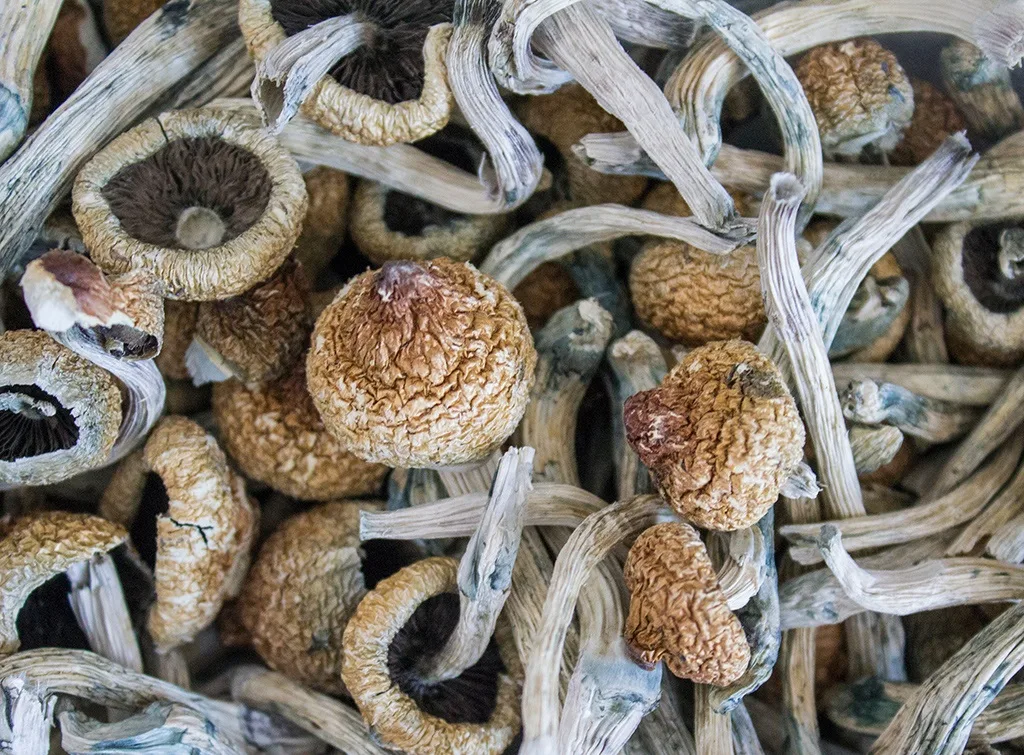A new case report, published in the journal Clinical Case Reports and available online through the National Institutes of Health, suggests that psilocybin may offer a promising treatment option for patients with Complex Regional Pain Syndrome (CRPS).

Dried psilocybin.
The study was conducted by researchers from Johns Hopkins University School of Medicine, the University of California San Diego, REMAP Therapeutics Astoria, and New York University, with the title Refractory CRPS pain treated with psilocybin: A case report.
CRPS is a debilitating neuropathic condition often triggered by trauma but can also occur spontaneously. It is characterized by severe, persistent pain and various other symptoms, such as temperature fluctuations, skin discoloration, and muscle weakness. Conventional treatments for CRPS, including medications and invasive procedures like spinal cord stimulation, are often ineffective, leading to a growing interest in alternative therapies like psychedelics.
In the study, a 54-year-old female with CRPS, who had previously failed to respond to treatments such as antidepressants, antiepileptics, and ketamine, turned to psilocybin as a potential solution. Over a period of three days, she consumed three doses of Psilocybe cubensis mushrooms, alongside adjunctive therapies like neurovisual modulation and tactile reprocessing. The results were remarkable: her pain, which had been at 9 out of 10, dropped to 0-1 out of 10 after one month. This relief persisted for nine months, and her mood also significantly improved.
“This case report highlights the potential of psilocybin as a treatment for CRPS”, states the study. “The promising results observed in this case and the 2023 case series suggest that psilocybin could represent a valuable addition to the existing treatment options for CRPS, particularly for patients who have not responded to conventional therapies.”
The study states that “Further research is essential to comprehensively assess its efficacy, safety, and mechanisms of action. Future studies should prioritize the investigation of optimal dosing strategies, long-term effects, and its potential application in other chronic pain conditions. As the regulatory landscape evolves, conducting well-designed clinical trials will be critical to fully understand psilocybin’s therapeutic potential for CRPS and other chronic pain conditions.”
The full study can be found by clicking here.








